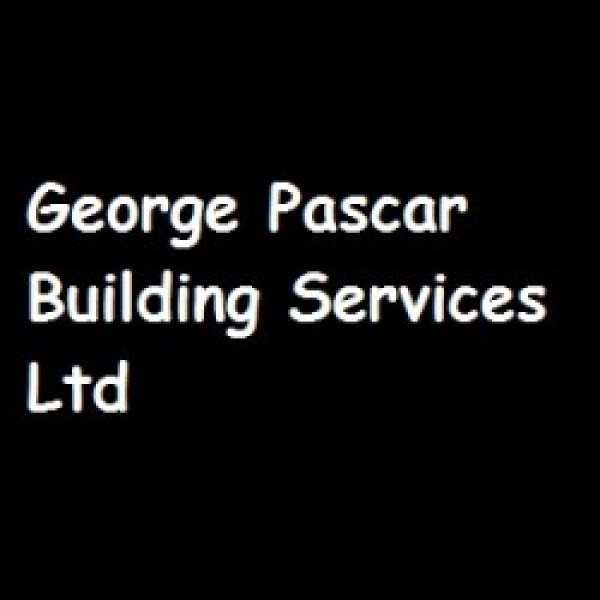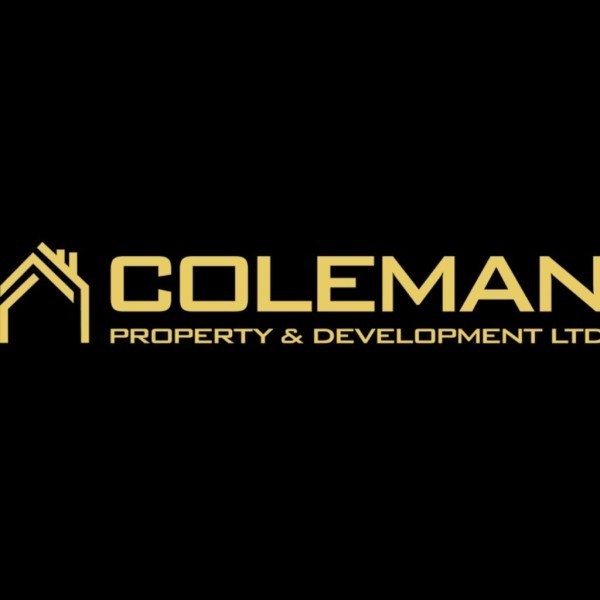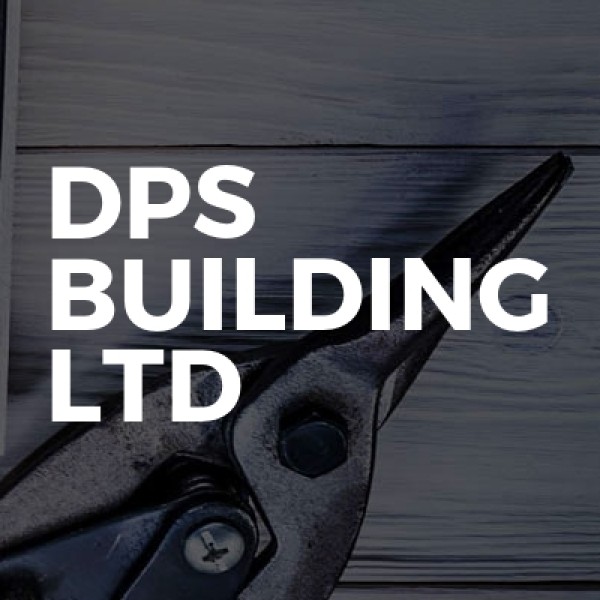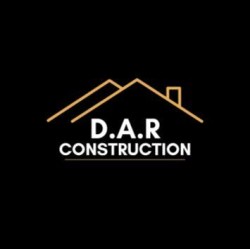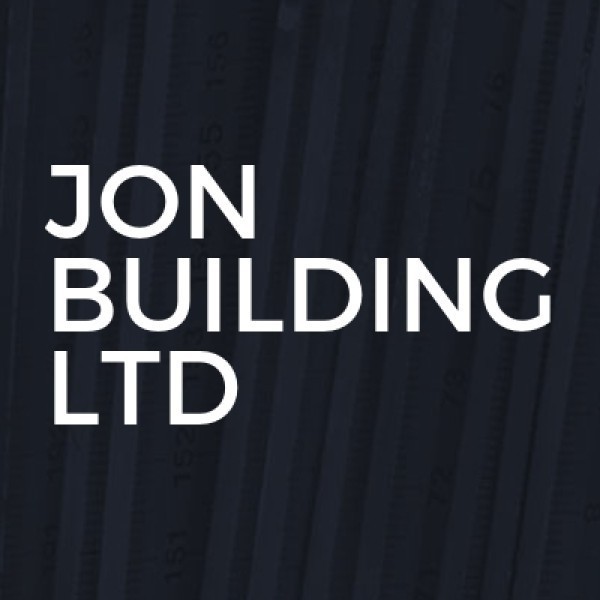Loft Conversions in Tottenham
Search Loft Conversions in places nearby
Understanding Loft Conversions in Tottenham
Loft conversions in Tottenham have become a popular choice for homeowners looking to maximise their living space without the hassle of moving. With the vibrant community and rich history of Tottenham, enhancing your home with a loft conversion not only adds value but also provides a unique opportunity to create a personalised space. Whether you're considering a new bedroom, office, or playroom, a loft conversion can be a practical and stylish solution.
The Benefits of Loft Conversions
Loft conversions offer a myriad of benefits, making them an attractive option for many homeowners. Firstly, they increase the usable space in your home, which is particularly valuable in bustling areas like Tottenham where space is at a premium. Additionally, a well-executed loft conversion can significantly boost your property's market value, providing a substantial return on investment.
Moreover, loft conversions can be tailored to meet your specific needs, whether you're looking for a quiet retreat, a functional workspace, or an extra bedroom for a growing family. The flexibility and customisation options available make loft conversions a versatile choice for any household.
Types of Loft Conversions
There are several types of loft conversions to consider, each with its own set of advantages. The most common types include:
- Velux Loft Conversion: This is the simplest and most cost-effective option, involving the installation of Velux windows to bring natural light into the loft space.
- Dormer Loft Conversion: A popular choice that extends the existing roof to create additional headroom and floor space.
- Mansard Loft Conversion: This involves altering the roof structure to create a flat roof with a back wall sloping inwards, offering maximum space.
- Hip to Gable Loft Conversion: Ideal for semi-detached or detached houses, this conversion extends the hip roof to create a vertical gable wall, increasing space.
Planning Permission and Building Regulations
Before embarking on a loft conversion in Tottenham, it's crucial to understand the planning permission and building regulations involved. While many loft conversions fall under permitted development rights, meaning they don't require planning permission, there are exceptions. For instance, if your property is in a conservation area or if the conversion involves significant structural changes, planning permission may be necessary.
Building regulations, on the other hand, are mandatory for all loft conversions. These regulations ensure that the conversion is structurally sound, safe, and energy-efficient. Key considerations include fire safety, insulation, and access. It's advisable to consult with a professional architect or builder to ensure compliance with all relevant regulations.
Choosing the Right Contractor
Selecting the right contractor is a critical step in the loft conversion process. A reputable contractor will have experience with similar projects in Tottenham and can provide references and examples of their work. It's important to obtain multiple quotes and ensure that the contractor is fully insured and accredited.
Communication is key, so choose a contractor who listens to your needs and provides clear, detailed plans and timelines. A good contractor will also be transparent about costs and any potential challenges that may arise during the project.
Designing Your Loft Space
The design phase is where your vision for the loft conversion comes to life. Consider how you intend to use the space and what features are most important to you. For instance, if you're creating a bedroom, you'll need to think about storage solutions and lighting. If it's an office, ergonomic furniture and connectivity will be priorities.
Incorporating natural light is essential, so consider the placement of windows and skylights. Additionally, think about the overall aesthetic and how it will complement the rest of your home. Whether you prefer a modern, minimalist look or a cosy, traditional feel, your loft conversion should reflect your personal style.
Cost Considerations
The cost of a loft conversion in Tottenham can vary widely depending on the type of conversion, the size of the space, and the materials used. On average, a basic loft conversion can start from around £20,000, while more complex projects can exceed £50,000.
It's important to budget for all aspects of the project, including design, construction, and any additional features such as bespoke furniture or high-end finishes. Keep in mind that unexpected costs can arise, so it's wise to set aside a contingency fund.
Maximising Energy Efficiency
Energy efficiency is an important consideration for any home improvement project. A well-insulated loft conversion can help reduce energy bills and create a comfortable living environment. Consider using energy-efficient windows and doors, as well as high-quality insulation materials.
Additionally, incorporating sustainable features such as solar panels or energy-efficient lighting can further enhance the eco-friendliness of your loft conversion. Not only will this benefit the environment, but it can also add value to your property.
Addressing Common Challenges
While loft conversions offer many benefits, they can also present challenges. Common issues include limited headroom, awkward layouts, and access difficulties. However, with careful planning and the right expertise, these challenges can be overcome.
For instance, installing a dormer can increase headroom, while clever design solutions can make the most of awkward spaces. A professional contractor will be able to advise on the best solutions for your specific situation.
Legal and Safety Considerations
Ensuring the safety and legality of your loft conversion is paramount. This includes adhering to building regulations, obtaining any necessary planning permissions, and ensuring that the conversion meets fire safety standards.
Fire safety is particularly important, and measures such as fire-resistant materials, smoke alarms, and safe escape routes should be incorporated into the design. It's also essential to ensure that the conversion does not compromise the structural integrity of your home.
Incorporating Smart Technology
Incorporating smart technology into your loft conversion can enhance convenience and efficiency. Consider installing smart lighting, heating, and security systems that can be controlled remotely via smartphone or tablet.
Smart technology can also improve energy efficiency by allowing you to monitor and adjust energy usage in real-time. This not only reduces costs but also contributes to a more sustainable home.
Maintaining Your Loft Conversion
Once your loft conversion is complete, regular maintenance is essential to ensure its longevity and functionality. This includes checking for any signs of wear and tear, such as leaks or cracks, and addressing them promptly.
Regular cleaning and upkeep of fixtures and fittings will also help maintain the appearance and condition of the space. Additionally, it's important to ensure that any warranties or guarantees provided by contractors are kept up to date.
Financing Your Loft Conversion
Financing a loft conversion can be a significant investment, but there are several options available to help manage the cost. These include personal loans, remortgaging, or using savings. It's important to carefully consider your financial situation and choose the option that best suits your needs.
Consulting with a financial advisor can provide valuable insights and help you make an informed decision. Additionally, some government schemes may offer grants or incentives for energy-efficient home improvements.
Frequently Asked Questions
- Do I need planning permission for a loft conversion in Tottenham? In many cases, loft conversions fall under permitted development rights, but it's important to check with your local council, especially if your property is in a conservation area.
- How long does a loft conversion take? The duration of a loft conversion can vary depending on the complexity of the project, but it typically takes between 6 to 12 weeks.
- Will a loft conversion add value to my home? Yes, a well-executed loft conversion can significantly increase the value of your property, often providing a good return on investment.
- Can I live in my home during the loft conversion? In most cases, you can continue to live in your home during the conversion, although there may be some disruption.
- What is the best type of loft conversion for my home? The best type of loft conversion depends on your specific needs, budget, and the structure of your home. Consulting with a professional can help determine the most suitable option.
- How can I ensure my loft conversion is energy-efficient? Using high-quality insulation, energy-efficient windows, and incorporating sustainable features such as solar panels can enhance the energy efficiency of your loft conversion.
Loft conversions in Tottenham offer a fantastic opportunity to enhance your home, providing additional space and increasing property value. With careful planning, the right expertise, and a clear vision, your loft conversion can become a cherished part of your home, tailored to your unique needs and style.




